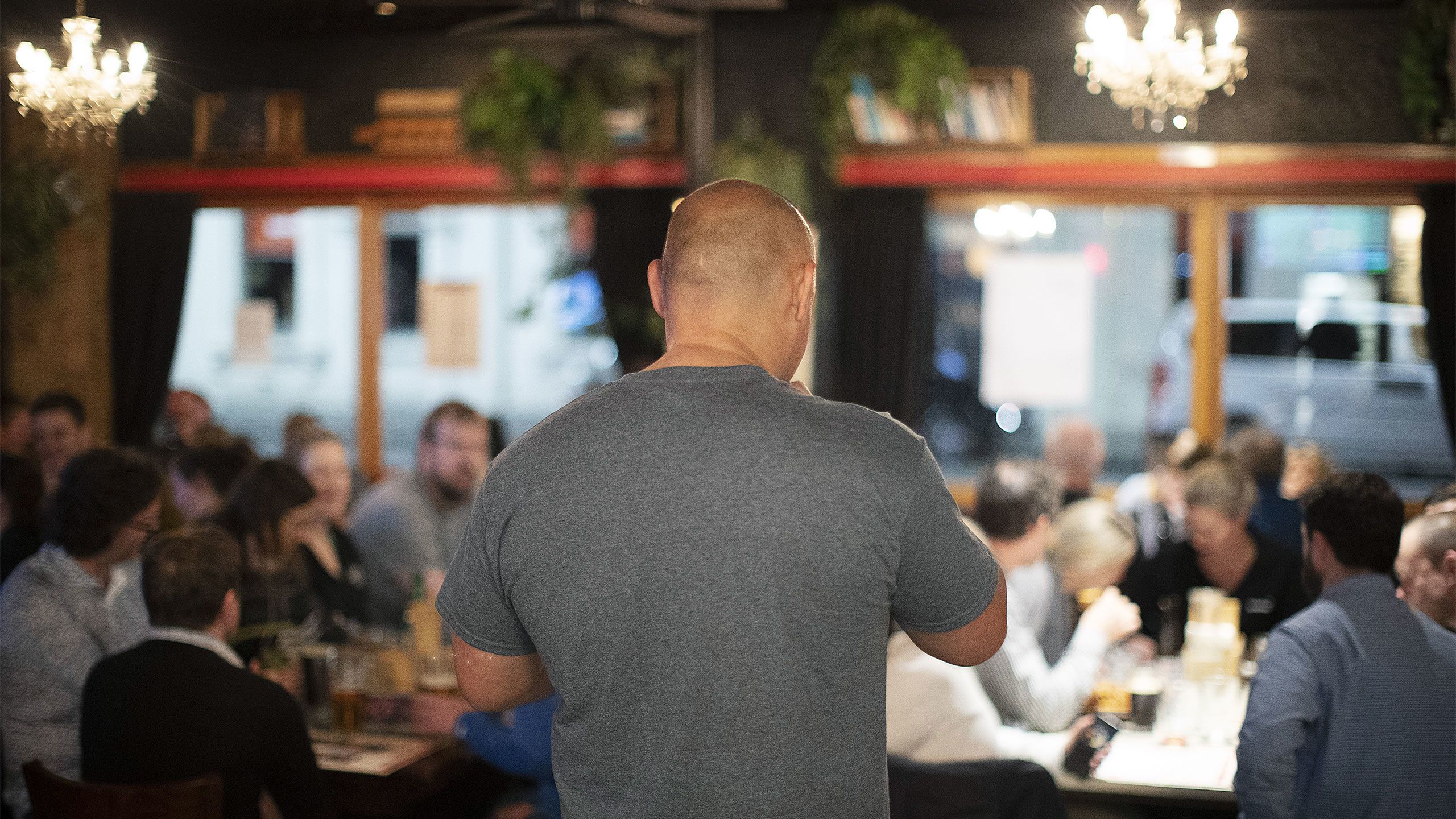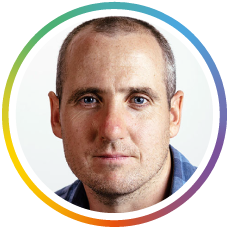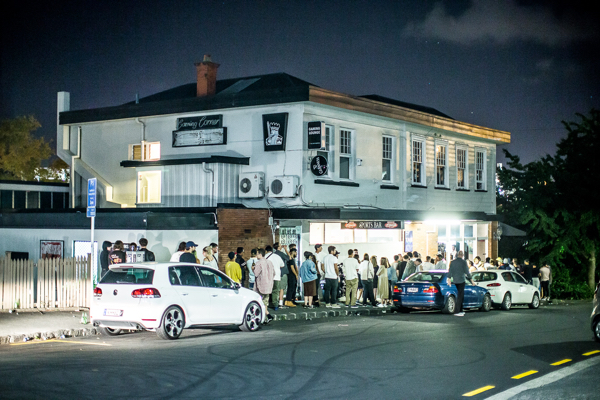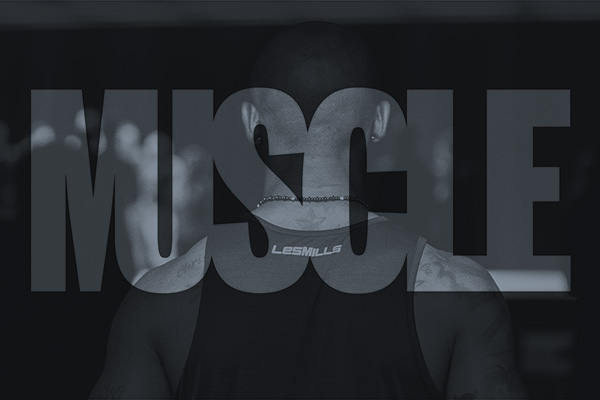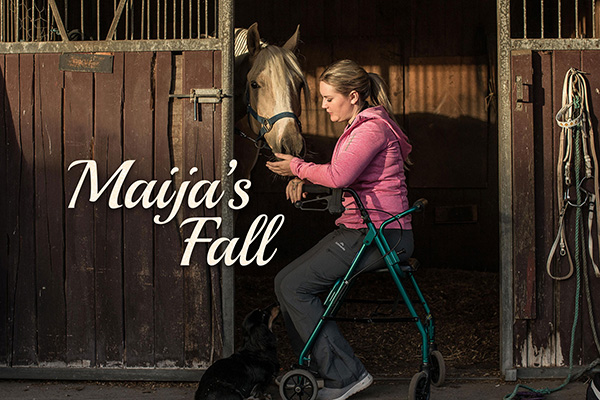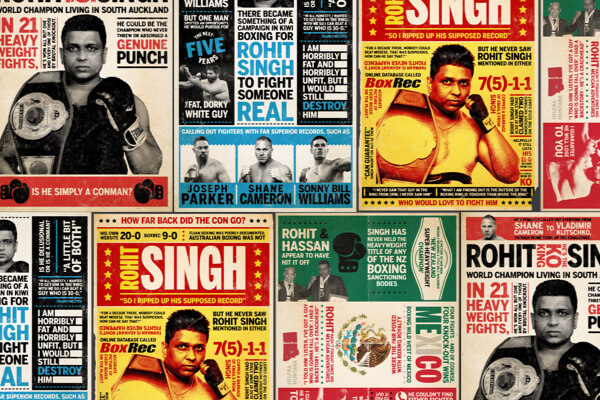
Can you study for a pub quiz? Why would you? Steve Kilgallon meets the elite of New Zealand’s competitive pub quizzing for the answers.
Mike Nahu refuses to pay for dinner when he goes to the pub. Why should he, when there’s a bar tab to be won? The 46-year-old Auckland high school teacher is perhaps New Zealand’s most obsessive pub quizzer. He’s eaten for free for at least five years, and can ruthlessly identify a venue where the competition is weak and the menu is strong.
Look, he didn’t punt his own sister from his pub quiz team because she wasn’t good enough. She volunteered to stand down if he could find someone better. And, well, he could.
And yes, he can recall his best-ever answer, the time he identified an obscure track by 1980s New Romantic band the Psychedelic Furs. Getting something even you didn’t realise you knew, he says, “sends you home with a warm feeling”.
“I don’t know what it says about human psychology, but you feed on that. At the heart of it, I think people like validation and feeling good about themselves.”
Nahu has a powerful drive to be the best. That desire will reach its apogee later this year, at the 20th edition of the annual New Zealand pub quiz championships, at which Nahu’s team, the ‘Brofessors’, will pursue a third successive national title.
Nahu recruits star talent and mercilessly culls underperformers (even siblings): one rival calls the ‘Brofessors’ the super-group of pub quizzers.
“You’ve got to be competitive,” says Nahu. “You don’t get anywhere in life if you’re not. If you’re going to do something and be interested in it, why not go hard?”

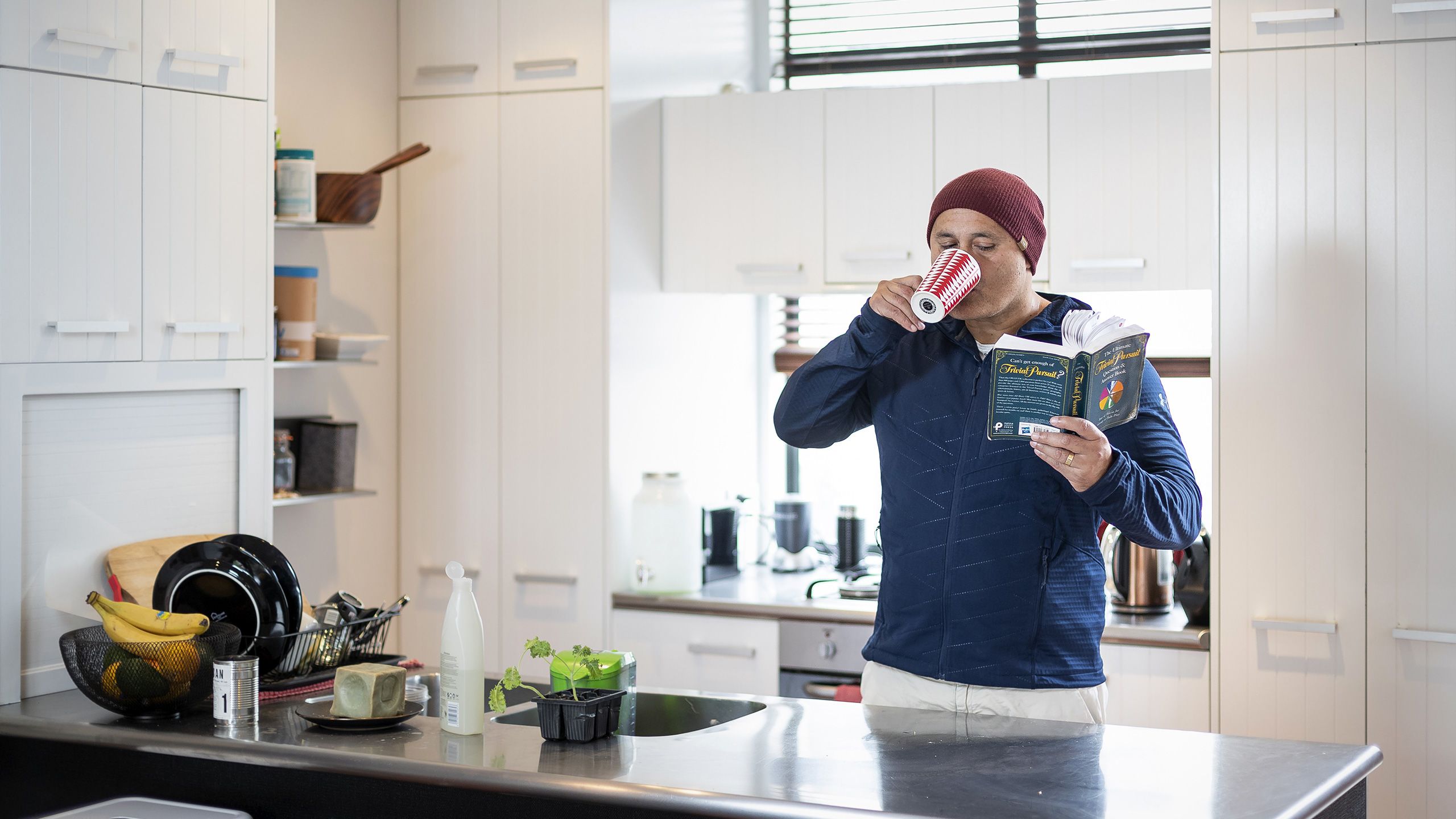
TEST YOURSELF
Answer the 10 questions throughout this feature then find out your score by hitting the ‘mark my answers’ button at the end.
The pub quiz dates back to an English couple, Sharon Burns and Tom Porter, who began selling quiz questions to the landlords of southern England in about 1976. When I reached drinking age back in northern England some two decades later, all the local pubs ran one, if not two quizzes a week.
Like cricket and real ale, the empire has since spread pub quizzes to the colonies, though in this case, it was a Kiwi who brought it home with him from his OE.
Brendan Lochead discovered this thriving quiz culture when he left behind half a business degree and an almost-completed police college application to go to London.
Certain he didn’t want to earn three quid an hour pouring pints like his compatriots, Lochead worked briefly as a security guard at Harrod’s department store, and was there on January 28, 1993, when the IRA exploded two bombs outside and blew out the plate-glass windows.
Then, more prosaically, he took a temporary contract in a bank, matching bond coupons. And one day his manager invited him along to a team social event; someone else was going home sick so there was a spot, all paid for. In the upstairs room of the pub, Lochead was surprised to see two blokes up the front in academic gowns and mortarboards.
He’d never heard of a quiz night before. His team won by a point. “It was the best night I’d ever had in my life,” he says. “My Sliding Doors moment was that woman being sick. Had she not been sick, I would have been a police officer.”
Instead, when Lochead went home to Auckland, he began running corporate quiz functions, then discovered a couple of English guys - one, Chris Marshall, is considered the pioneer of Kiwi pub quizzing - were doing the same in pubs for an ex-pat crowd.

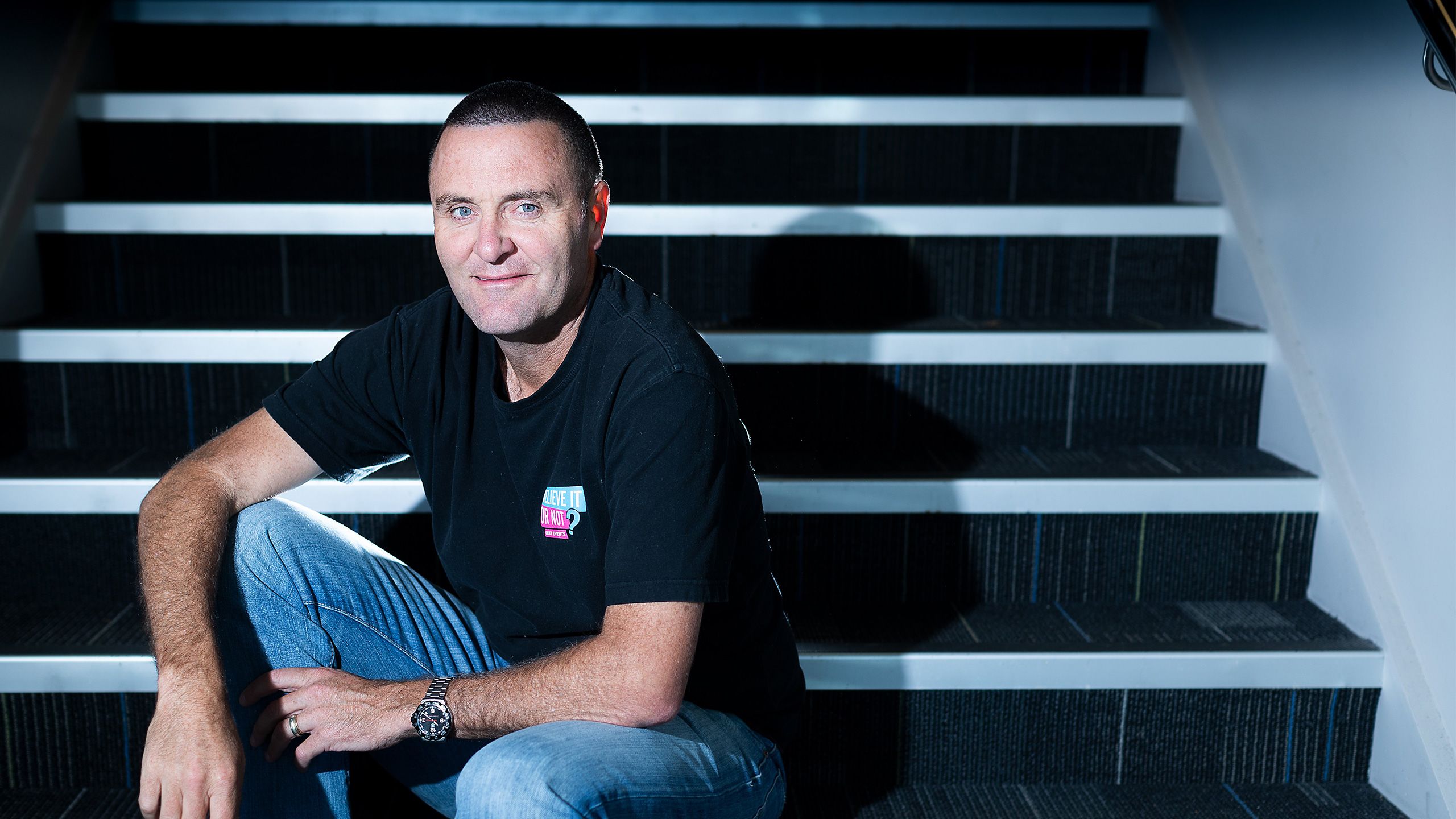
Lochead realised the work was in compiling the quiz, the profit in selling it to as many different pubs as possible. Initially, he admits, he tried the wrong places, like a scruffy south Auckland nightclub, where manager Brent Riggs first asked how much he’d get paid to hold the quiz at his bar, then declared it would never work. Nowadays, Riggs (who had a change of heart two years later) is the nation’s longest-serving quiz host, having clocked up 16 straight years at the Horse and Trap in Auckland's Mount Eden. “I thought ‘no one is going to come to the pub to listen to some drongo on stage reading out the questions’,” says Riggs. “Twenty years later, I’m the drongo and he is the multi-millionaire.”
Lochead found success elsewhere. Offering a sponsored free bottle of Bailey’s Irish Cream every week for any pub which signed up, he toured New Zealand in his Mazda Proceed ute, cold-calling landlords. Confident, a good talker, he’d first explain what a quiz was, then pitch that it could fill a bar on an otherwise quiet night.

Bertie Burleigh was one of the first publicans to take a risk on pub quizzing.
Bertie Burleigh was one of the first publicans to take a risk on pub quizzing.
One of Lochead’s earliest customers was Bertie Burleigh, who has held a Wednesday quiz night at his New Plymouth pub, Peggy Gordon’s, for 18 years. Pre-quiz, pubs were dead on winter nights in provincial towns, he says. At first a difficult sell, it’s now his biggest weeknight: “It’s a standard, and it works - we wouldn’t do it if it didn’t.”
Lochead’s company, ‘Believe It or Not’, now has over 300 pubs paying an average of $100 a week each: with the market saturated (there’s about a dozen rivals, but none anywhere close in size) they’re now coming up with spin-off ideas, like trivia bingo.
“Some people might walk in and say ‘s..., quiz is on’ and walk out, but lots of others will want to sit and listen or join in, and it gives the pub atmosphere,” Burleigh says. “You need atmosphere, and this is a bloody good way of doing it. It’s become ingrained in the pub culture of New Zealand.”
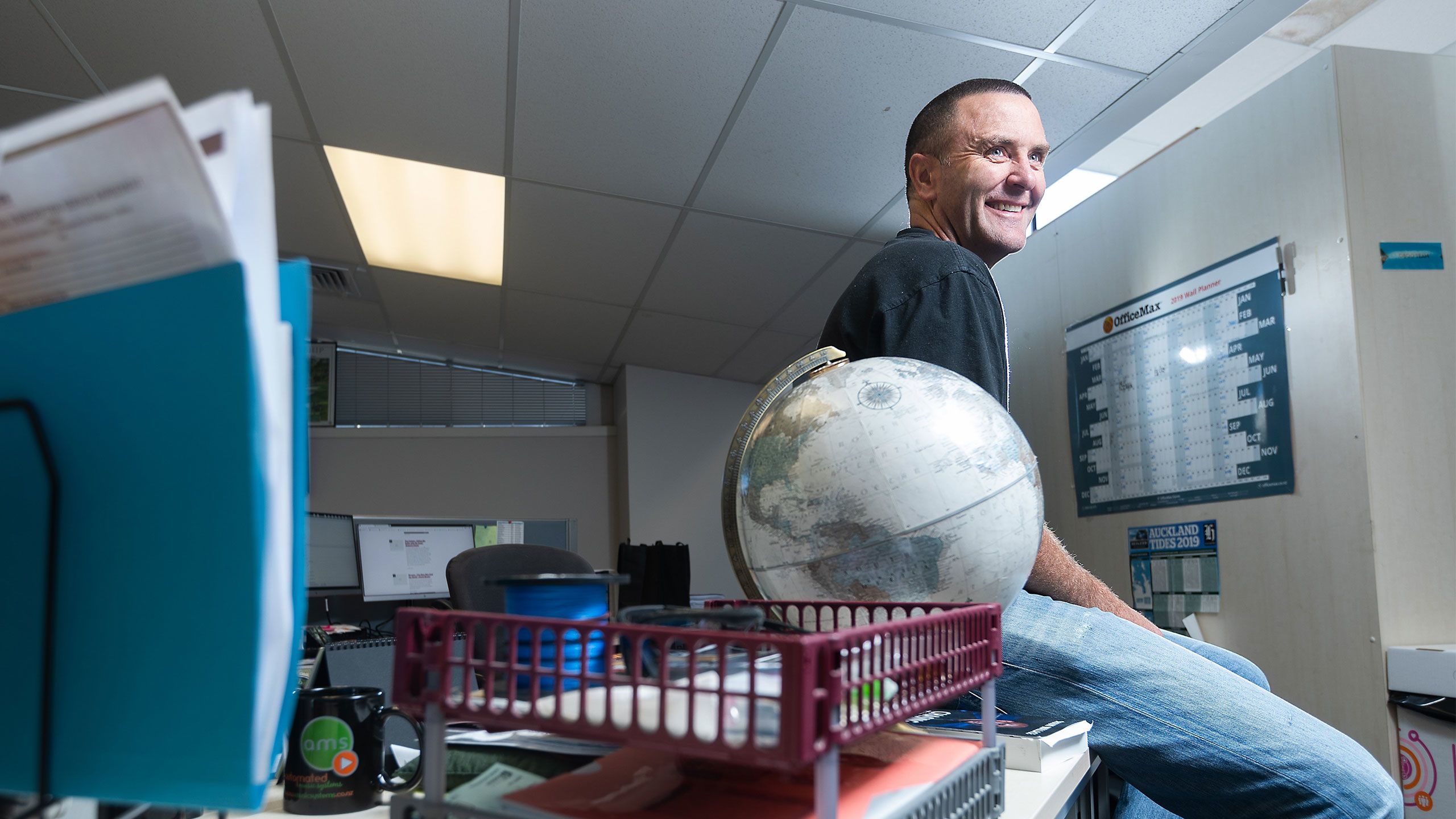
Mike Nahu was an early adopter. He began quizzing as a student in the early 2000s at the Eastside Tavern in Hamilton, where TV comic Jesse Mulligan was the host.
After his OE, Nahu ran his own quiz night at a student pub, the Outback, with his mate Shannon Mackey; a friendship forged over their deep love of quizzing.
Mackey’s trivia infatuation began with games of Trivial Pursuit with his dad as an 8-year-old, and deepened as a Waikato University student who went quizzing three times a week to fund his social life (“business was good,” he laughs).
Since then, a $125,000 win on the New Zealand version of ‘Who Wants to be a Millionaire’ has given him a house deposit; his now mortgage-free home boasts a giant TV courtesy of winning breakfast TV’s ‘Nine in Ten’ challenge. “Everyone has holes: areas of knowledge you don’t know about,” says Nahu. “But Shannon’s holes are really small compared to anyone else.”
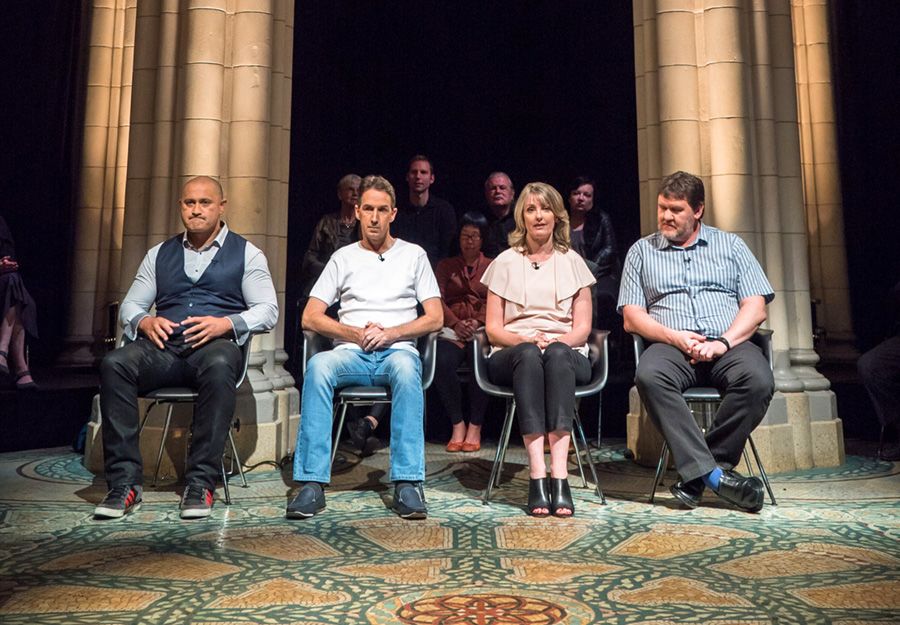
Mike Nahu was on the revived Mastermind in 2016.
Mike Nahu was on the revived Mastermind in 2016.
Nahu’s CV includes a Mastermind semi-final, $7500 in winnings on TV show ‘Snatch Our Booty’ and a home entertainment system on ‘The Rich List’. He’s now trying to sell a concept for an interactive live TV quiz format.
As a pair, Mackey and Nahu became formidable. Calling themselves the ‘Brofessors’, they ran their own podcast in which they took on all-comers at a box of Trivial Pursuit cards and were unbeaten in 17 episodes.
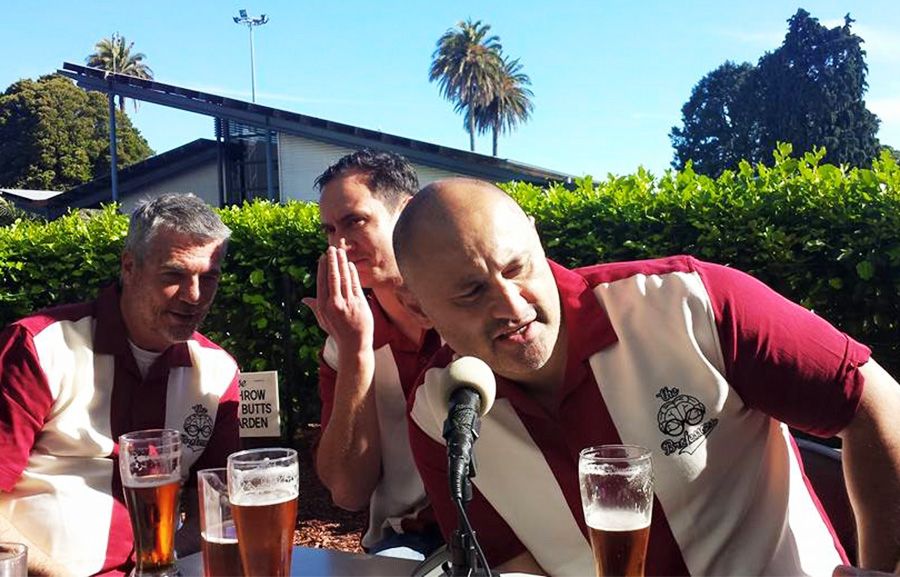
The Brofessors began life as a podcast in which Nahu and Shannon Mackey took on allcomers at Trivial Pursuit questions.
The Brofessors began life as a podcast in which Nahu and Shannon Mackey took on allcomers at Trivial Pursuit questions.
Two kids under five and a new teaching career (why are so many quizzers also teachers? Nobody could tell me) means Mackey rarely makes it to an actual quiz these days. He substitutes with the Stuff daily quiz and a pub quiz book his wife gave him for Christmas.
But Nahu remains a regular. In a typical week, he quizzes himself on a Monday and sometimes Wednesday (his regular quiz installed a rule penalising his team one ‘joker’ round the following week every time they win, an attempt to even the field). He also hosts on a Tuesday at the Lumsden pub in Newmarket, and at some corporate gigs (but he won’t do primary school fundraisers: “a bunch of parents getting pissed”).

Attending a quiz with Nahu is an exercise in realising how you’re actually not very good at pub quizzes.
I’m late to arrive, and Nahu has already nailed a perfect round on his pet topic - TV and cinema (his Mastermind specialist subjects were the films of Arnold Schwarzenegger and Sylvester Stallone) - while, of course, smashing a free dinner, courtesy of an existing bar tab.
As we go, he keeps score, but not in the usual way: more like a golfcard, marking us above or below a notional par mark of eight per round. Eight, he says, is a winning score (Lochead agrees: the best he’s ever seen was 116 out of 120, but anything over 100 usually wins). We average about eight all night, win in a canter and pick up another tab.
Nahu tells me he won’t answer unless nobody else on the team knows it. Former teammates say this is his standard practice. “It was awkward sharing the bar tab winnings with him because technically he got 95 per cent of the questions,” says one, Sharon Moller. “So did he expect 95 per cent of $80?”
His first date with his future wife was a pub quiz. A multi-choice question came up about the world’s oldest dog. She said ‘wouldn’t it be amazing if the answer was 49?’ It wasn’t, and he knew it. “I had a real struggle inside myself to go with it, but I didn’t want to be that controlling quiz dude, so I said ‘yeah, sure’.” The answer was wrong. But they still got married.
Of course, Nahu’s teams win more than they lose. But the reverse is true for everyone else. “There’s a hierarchy at pub quizzes,” he says. “Everyone knows the good teams. But people don’t go to win, because if they did, they wouldn’t go very often, because only a handful of teams have a chance.”
So why do people turn up if they’re not going to be successful? For Brent ‘Riggsy’ Riggs, the self-declared best quiz host in New Zealand (and the most complained about), it’s to see what he calls “the free show”, and it’s his duty to entertain. Nahu agrees - they won’t turn up for a specific quizmaster, but a bad one will drive them away. “I like to throw banter in there, stories, anecdotes, but I’ve been to some where the host just won’t shut up,” he says. “It’s trying to find that balance.”

Chaser Shaun Wallace visited Riggs’ quiz night at the Horse and Trap earlier this year - and gave him official confirmation of his self-awarded title.
Chaser Shaun Wallace visited Riggs’ quiz night at the Horse and Trap earlier this year - and gave him official confirmation of his self-awarded title.
Riggs certainly has a following. Regulars have requested he MC their weddings, and his patter is so familiar they call out the punchlines. A regional sales manager for Hirepool, he part-credits winning the job to running a quiz night for the company’s senior executives days before his job interview. “I love the way that quiz is intertwined with my life. It’s not everything, but it is a big part of my life.
“[Riggs’ wife] Liz says ‘are you going to be a 50 year old man doing it?’ Why not? When it’s not fun any more, I’ll stop. But I never think, ‘oh God, I’ve got to go to quiz’. It’s a night out for me as well.”

Quiz boss Lochead calls them the water drinkers; Riggs calls them the band campers. The elite quizzers, the ones who turn up every week with a steely determination to win and a closed wallet. “No one likes them,” Lochead says. “What have they got to offer? Nothing. They only spend money if they win the voucher, they know who they are.” He tells publicans to go up and ask what they want to order, and not walk away until they do. “Pubs aren’t a charity.”
Of course, the best aren’t all like that, although every pub has its star team.
Lindsay Diggelmann and his mates aren’t water drinkers, but they have been barred from a few venues in their time.
A professor of medieval history at Auckland University, Diggelmann is the kaumatua of the elite circuit. He’s been quizzing with the same five mates every Tuesday for two decades. Four of them were on University Challenge teams back in the mid-80s, and a fifth, Richard Foster, managed those teams, and reunited them when ‘Believe It or Not’ quizzes became popular.
Strong on sport, history, geography and pre-90s music (as well as some oddities like Olympic distance runners and World War Two fighter planes), they win “more often than not”, including eight national titles. That level of success is not always welcome.
“We try to keep a low profile. Some teams keep the same name for years and years - we change ours every week in a perhaps futile attempt to fly below the radar,” Diggelmann says. Several times, they’ve left pubs because the landlord, sick of them winning every week, has told them to go. In 2004, it was the “righteously outraged” owner of the since-closed Gables, after Foster made the mistake of totting up their career winnings - about $25,000 - for a newspaper story. More recently, one pub changed to a more “youth-themed” offering to wean them off the $150 bar tab.
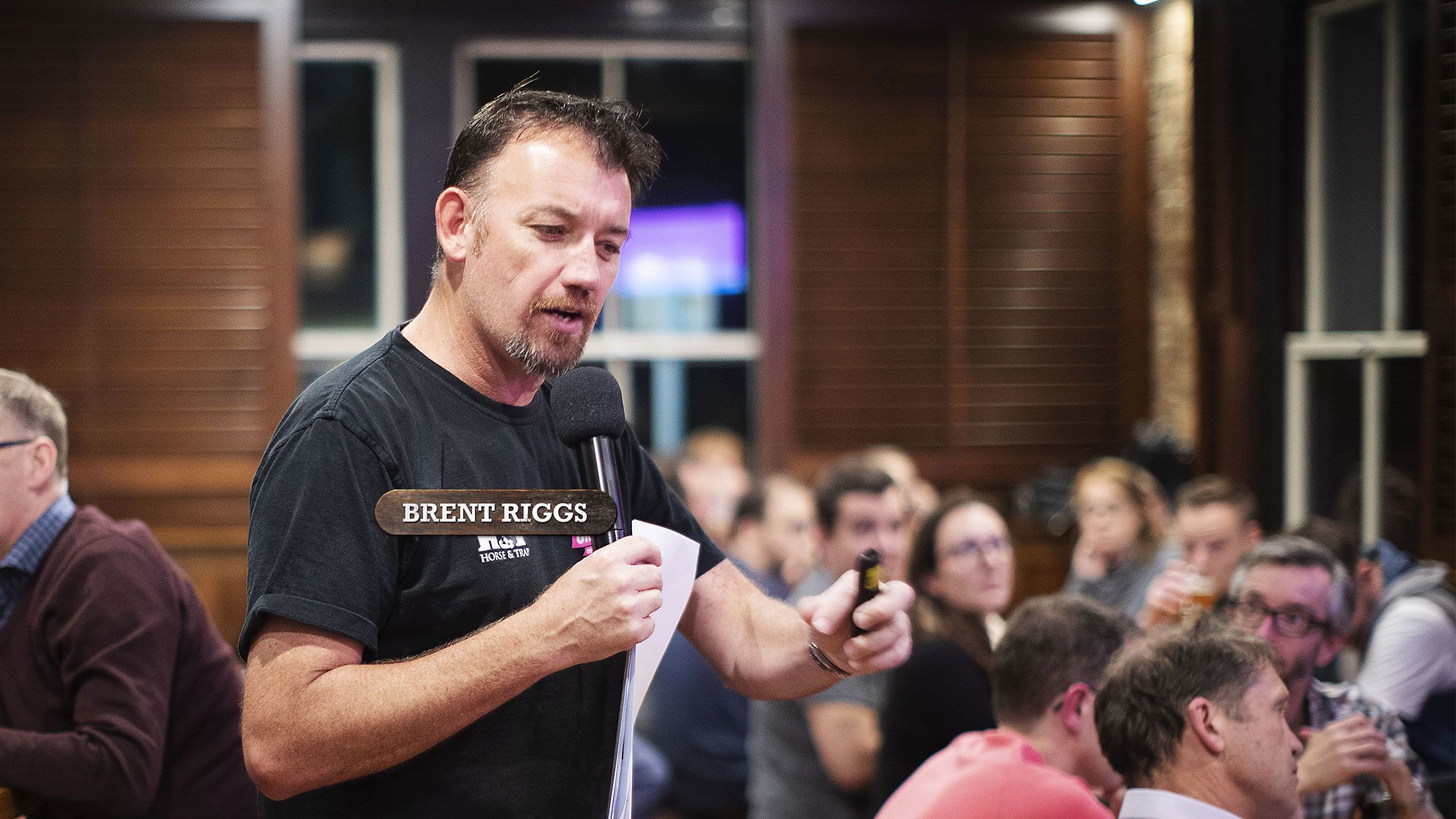
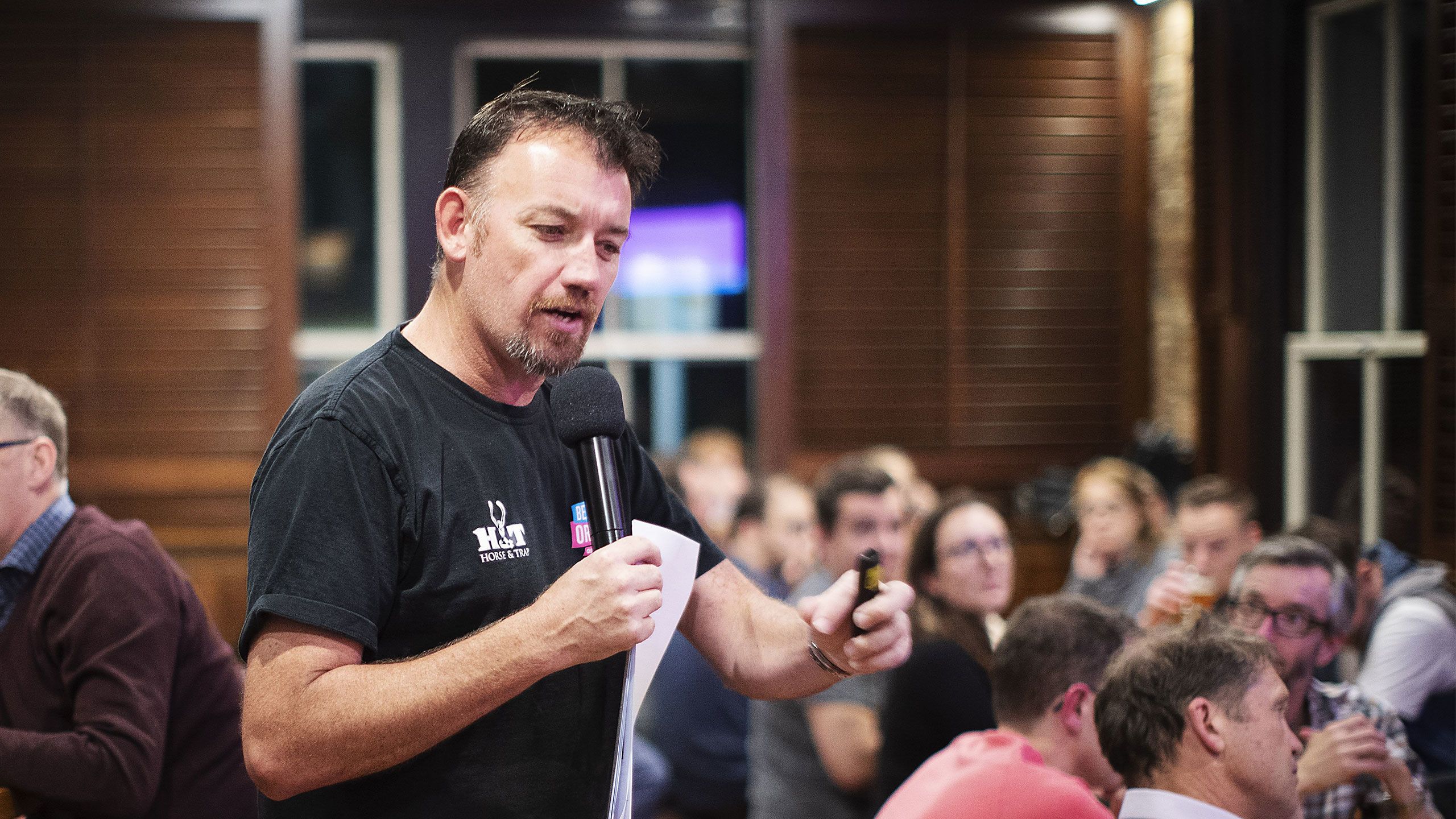
Just like a regular quiz, there’s probably only a handful of teams capable of winning the national title.
Diggelmann and Nahu identify a team from Wellington pub ‘The Residence’ as their big out-of-town rivals.
At its helm is civil servant Kelvin Lange, an inveterate and highly enthusiastic quizzer who has been in the game for 20 years - “slightly more than half my life” - after seeing a poster in a pub window. He’s still old enough, though, to remember a time before ‘Believe It or Not’ strode across the licensed landscape and “what a shame it was” that you could only compete in the odd charity fundraiser. These days, he says, “it’s like living the dream”. The original ‘Eddie’s Back, Don’t Panic!’ line-up won two crowns in the mid-2000s, took a break, and returned three years ago. They’ve been second each of the last two years.
Lange has been to Athens for the World Quiz Olympiad, to Kuala Lumpur for the Asia-Pacific Quiz Championships, and in May was the only New Zealander in the World Quiz Championships, his top 100 finish placing him ahead of Anne ‘the Governess’ Hegerty and Mark ‘the Beast’ Labbett from TV quiz show ‘The Chase’. “It becomes your life, a little bit, when you’re really into it,” he says. He expects all the serious teams at the nationals to do some swotting before the event - his team will each nominate an area of collective weakness to revise.
That earnest collection of trivia is a describable action - spermology - but the quiz alphas seem divided on whether cramming really works.
Lange is a fan of learning lists. “You’d laugh at anyone who calls themselves a serious quizzer and doesn’t know the capital cities [of the world],” he says.
Shannon Mackey, for example, can reel off the 50 US state capitals in alphabetical order, and says quiz veterans also develop a way to break down a question so that even if they don’t know an answer, they can make a sensible guess (for example: it’s worth putting down ‘beetle’ for any question about insects, given there’s several thousand varieties thereof). People who do well, he reckons, have a good memory, attention to detail, and can form mental connections easily.
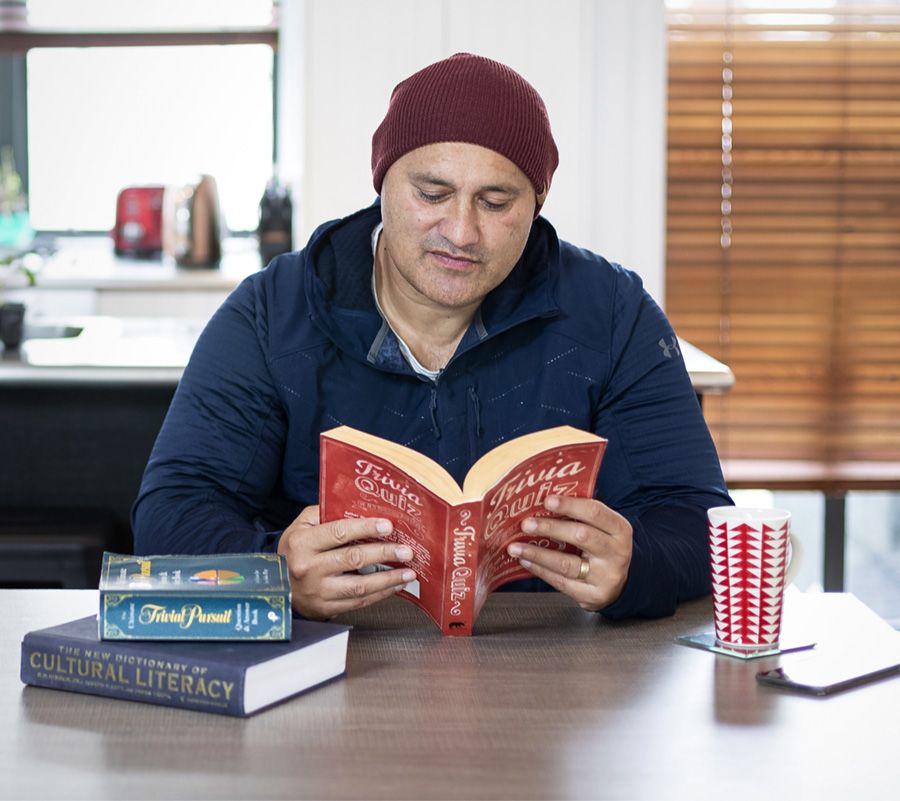
Mike Nahu swots up. But being good at quiz, he says, "doesn't mean a hill of beans" in real life.
Mike Nahu swots up. But being good at quiz, he says, "doesn't mean a hill of beans" in real life.
Nahu has a smattering of trivia tomes on his bookshelf, but says he doesn’t swot, he just has a genuine interest in exploring new areas of knowledge. Lindsay Diggelmann says there is some merit in tracking the patterns of the question-setters, and learning accordingly - he suggests lists of Oscar winners, Olympic Games medallists and golf masters champions - but adds: “I think the thing is we are interested in knowing a list of capitals of Caribbean islands not because we have to … but because we want to.”
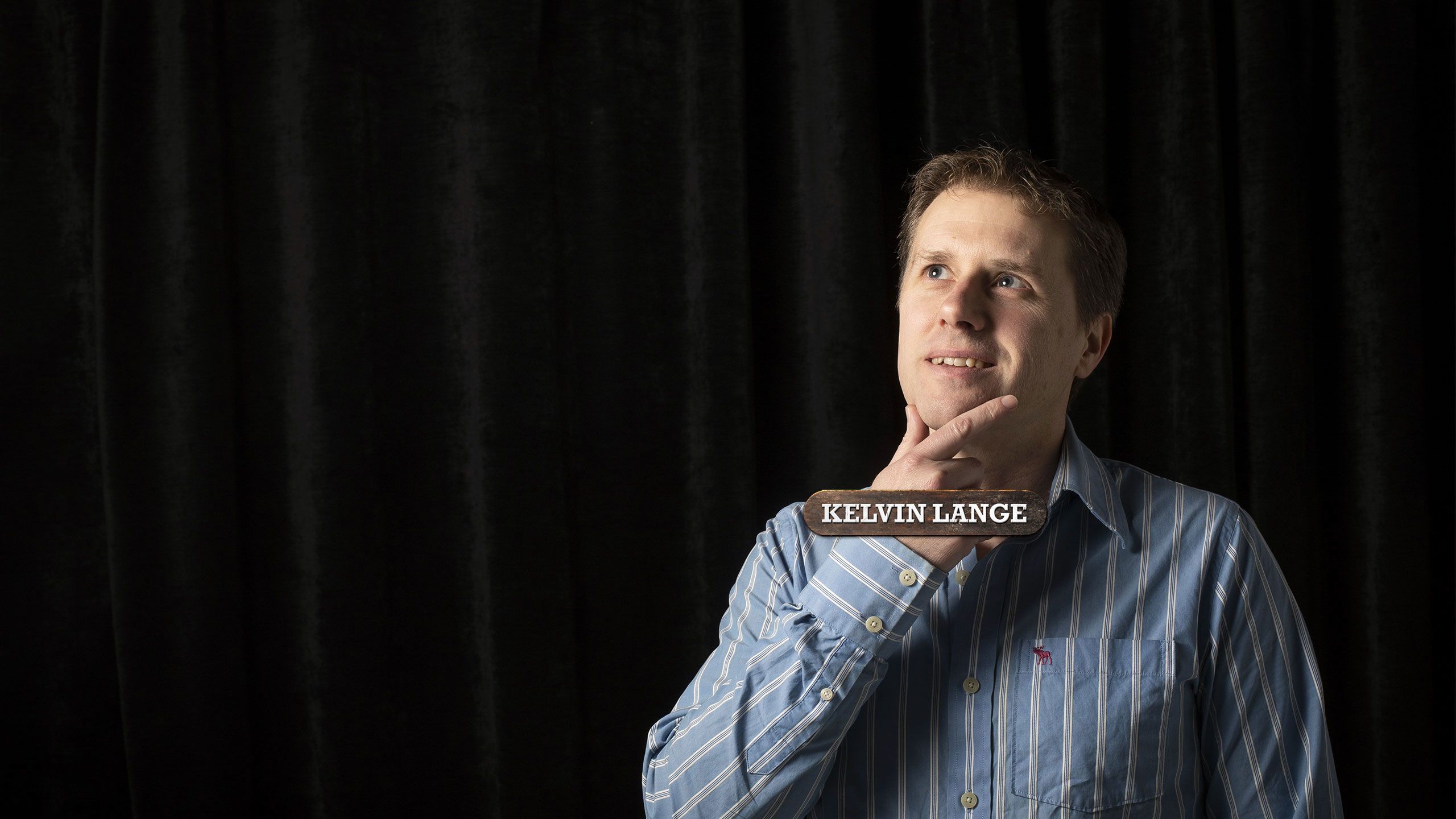
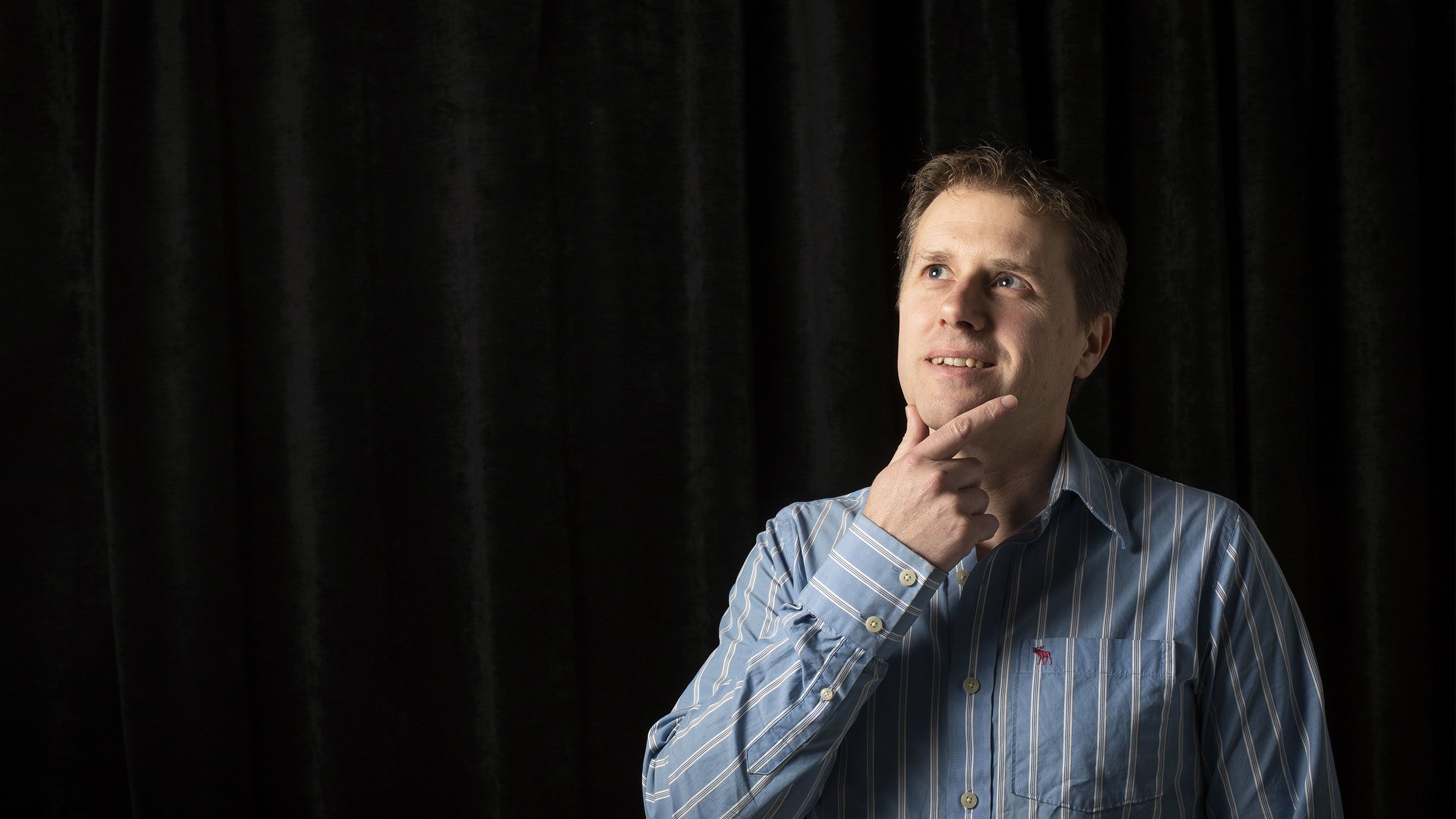
Lochead invented the national championships in 2001. It’s now swelled to 60 teams, with a $240 registration fee (dinner included), a professional host and decent prizes. He knew teams were starting to take it seriously when he went to close the doors one year and found a bloke sitting under the stairs with an atlas doing last-minute revision.
After guesting in various teams, in 2013 Nahu assembled a fairly organic team of his own, based on some work colleagues, his sister and his best mate Mackey. Nahu and Mackey did the “heavy lifting”, and they won comfortably. The questions fell their way: one, for example, was about the relatively-obscure Gretchen Hawkesby, who happened to have been a university contemporary of Nahu.
The prize involved a trophy and a box of beer. In the car on the way home, Nahu filled the cup with beer then discovered it had a hole when the victory victuals began pouring into his lap. So they celebrated by taking turns to skull Steinlager on a roadside in Panmure.
The next year, Lochead had sold a majority stake in ‘Believe It or Not’ to Sky Television. It meant better prizes, and bigger teams of eight. Steinlager was replaced with tablet computers and wireless speakers (“I was f…... livid,” jokes Nahu). His team didn’t win the next three years. It was time to take it seriously.
So he sacked his sister. “I feel bad about that now.” He wants the record to state that his sister is actually a good quizzer. One Christmas, she finally beat him on the Playstation quiz game Buzz, and refused to play him ever again. She now enters her own team at the nationals.
And so the ‘Brofessors’ were manufactured, by ruthless recruitment and replacement of anyone who didn’t perform. Among those who’ve cycled through the team are Mastermind winner William Barnes and Auckland University law professor Khylee Quince.
In 2015, Diggelmann’s team beat them by a point. “Mike’s been obsessed with winning this thing for ages,” says Diggelmann. “So he was even more ropeable about that.”
In 2016, they again came second. At that stage, the ‘Brofessors’ team line-up was a petri dish in which Nahu experimented. “If you didn’t perform like I hoped you would, you didn’t get asked back. … I was always hopeful that people never gave it a second thought about being asked back, but I subsequently found out that they were all a bit dark about it.
“And these quizzers are not bad ... I was just looking for these super quizzers.”
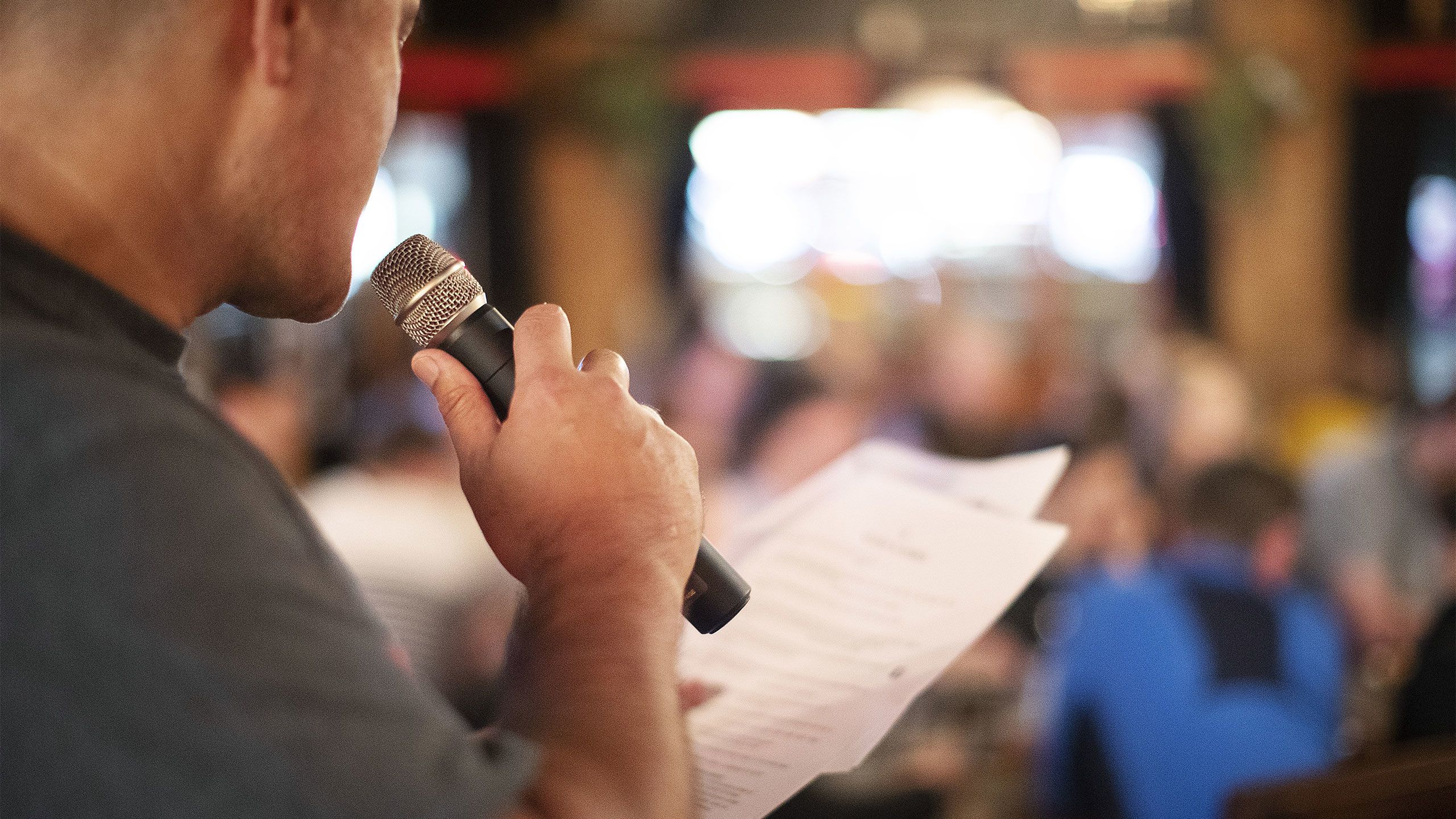
The curse of the average pub quiz team, says Lochead, is being uniform: “The worst pub quiz team would be a bunch of blokes from the rugby club: they all know the same things. They would nail the sports round, [then] suck at everything else. You’ve got to have the variation.”
Diggelmann, likewise, says his team of middle-aged, grey-haired white blokes lack the diversity to be top-class.
The ‘Brofessors’ was the solution. But not an entirely popular one.
It’s Diggelmann who calls them the supergroup of quizzers, but says he doesn’t mind losing to this Dylan, Orbison and Petty of the trivia world.
Even down in Wellington, Lange has heard “whispers” of manufactured teams but doesn’t want to bag them. He likes Nahu but considers it “a bit extreme and perhaps a little sad” to go to such lengths.
Lochead, the organiser, is also equivocal. “You could argue about whether he does it right, stacking his team. I don’t think it’s overly fair. And I think he would admit that if you drill down. But it’s his desire to be the best … and how could we possibly police that?”
The present ‘Brofessors’ line up includes various teachers, a chemistry professor Nahu poached from one of his Lumsden pub quiz’s best teams and two guys he pinched from a team of also-rans at the nationals: “It caused a bit of a rift in their team. But ... their aspiration is to win nats, and they were never going to do it with their normal team.”
Nahu reckons he’s now only fourth or fifth best in his side - “we’ve got some dudes in our team who are Chase-level guys”. He knows them all, but admits that most are strangers to each other.
Especially in a team so disparate, Nahu says a successful outfit has someone in control who can sift answers and make the final call. “You need to be able to deal with the personalities and the egos. It does make it sound like some sort of Shakespearean drama unfolding at the table.”
Mackey, the only one guaranteed a spot (he says Nahu has a perhaps “unwarranted” view of his abilities), says: “Mike has handpicked a group that he knows what we can do and how we work; it’s not about having the eight best brains, you need a dynamic going on.”
When they finally won, in 2017, Nahu’s main emotion was relief, not exhilaration.
He probably enjoyed it more last year, when they repeated the triumph.
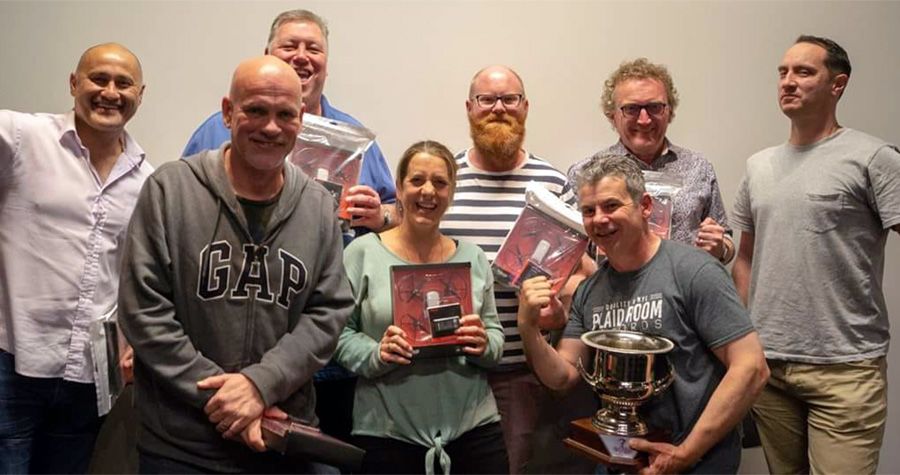
The Brofessors line-up after their 2018 Nationals triumph, with Nahu on the extreme left.
The Brofessors line-up after their 2018 Nationals triumph, with Nahu on the extreme left.
The final round was film - his favourite. They needed eight to tie, nine to win. They got nine. The idea, says Mackey, was always to win as if it was expected, lose like it didn’t matter. He’s always hated people who celebrate excessively. But. “Mike is a big guy, and he banged that table like it had stolen something from him.”
However. Stop press. Lange, politely, and quite reticently, reveals a shock. Actually, ‘Eddie’s Back!’ tied with the ‘Brofessors’ last year - just nobody knew. A scoring error in an early round docked them a point and it wasn’t discovered until long after the trophy was awarded. A calamity of misfortune, he says. He feels sorry for the organisers. He doubts Nahu has even heard about it.
But, yes, it’s left him absolutely motivated for a re-match. He’s learning lots of lists, even if the arrival of his now five-month-old son has limited his quiz attendance and left him and his wife Yolandi, a fellow team member, with some awkward babysitting issues for nationals.
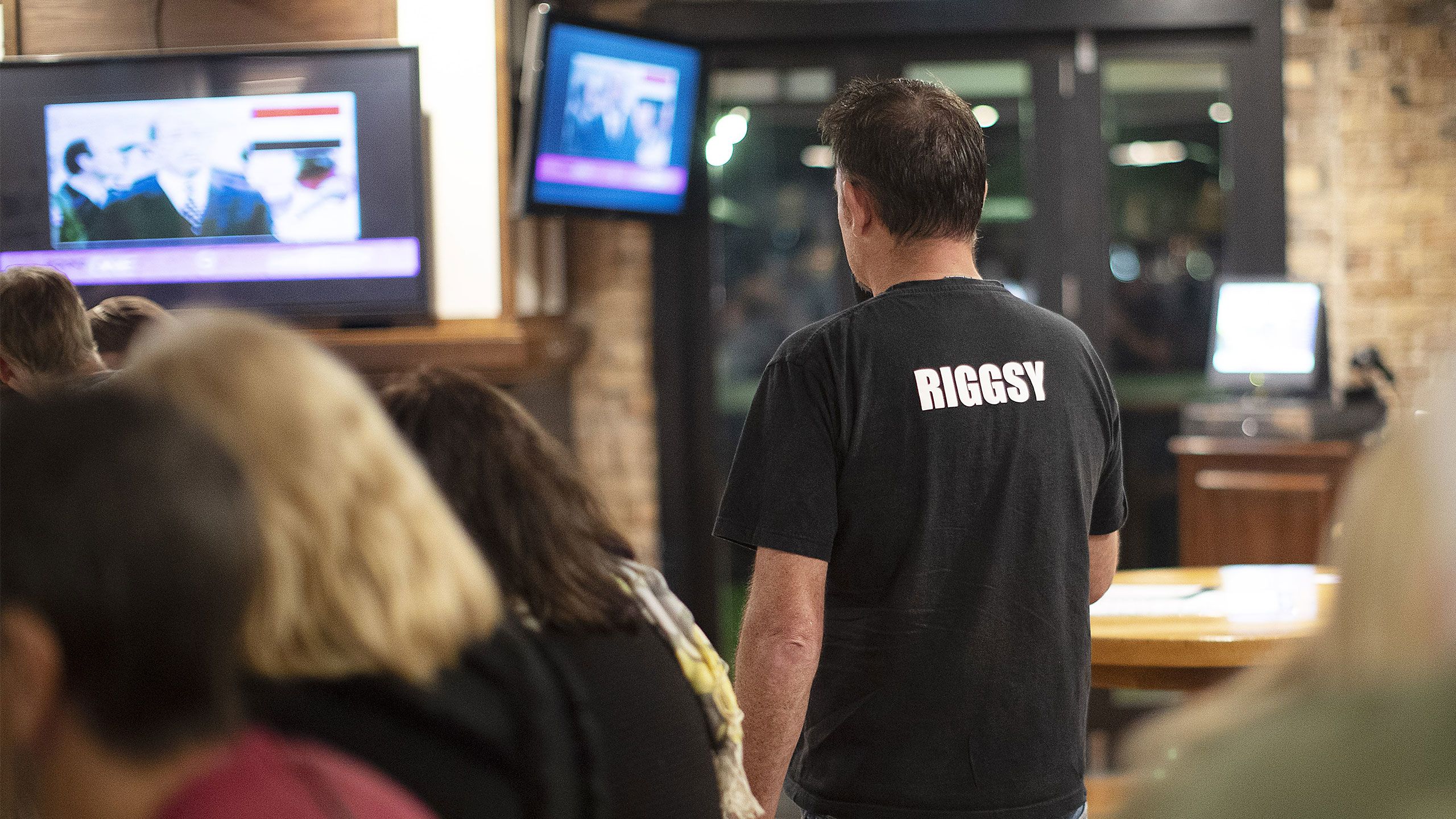
For Nahu, this year’s championships on November 23 will be a sober affair. He admits his team management wasn’t good enough in 2018: under pressure, he panicked, drank too much “and made some decisions I shouldn’t … but I’m just not gonna drink this time. Not happy with myself at all.”
However, over the years, he’s come to realise something. Brandishing a book he uses for research called The New Dictionary of Cultural Literacy, whose author argues for the need to maintain a solid general knowledge, he disagrees entirely: “It doesn’t mean anything. And how does it help you? You don’t want to sound like a f…... know-it-all.
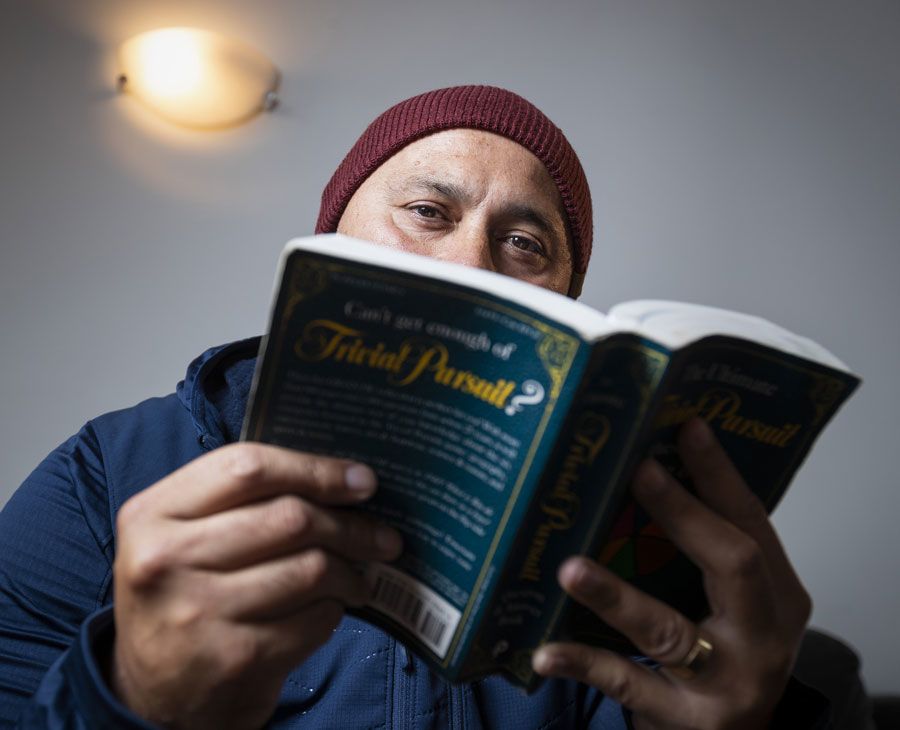
“It’s not life and death. Knowing lots of stuff, in this sense, I don’t think is really valuable in any way. I really don’t. It doesn’t mean a hill of beans.
“There’s lots of intelligent people who’ve got a lot to offer who are terrible at quizzes, they don’t know anything about anything. I don’t judge people on that. If you did, you’d be stupid.”
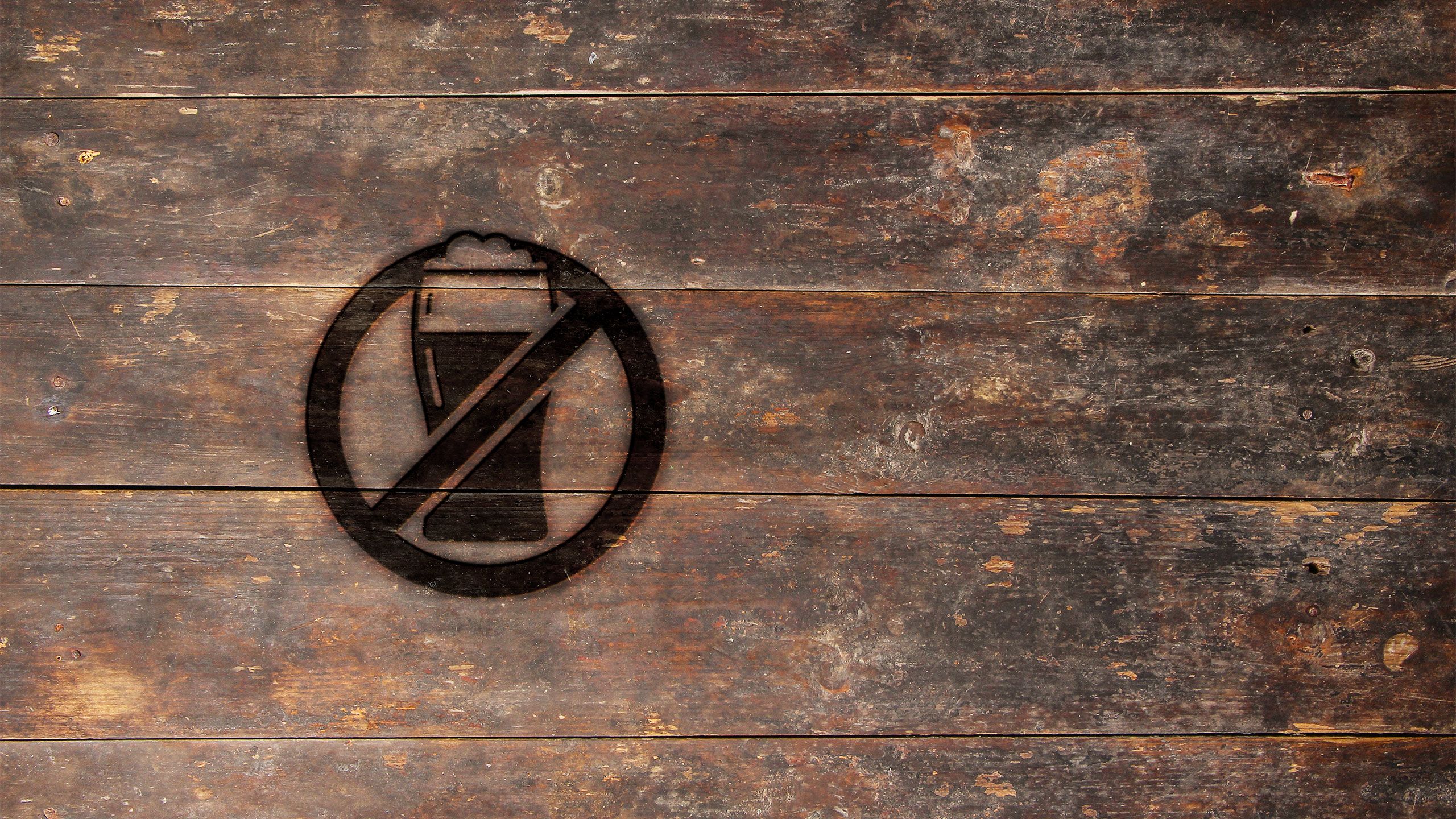

The actual writing of a quiz is a fine art, says Bob Mason, an expat Englishman who compiled the quiz at the Backbencher pub in Wellington for four years.
A good question, he says, is challenging, but deducible: don’t ask how high or how long, give people something that’s multi-choice or can be guessed at. Or a trick question. His favourite: who has beaten the All Blacks the most? It’s actually Australia, but everyone puts South Africa.
The first question of the night should be easy, to hook in the disinterested. Topics should be diverse - then more teams are likely to excel at something. Yet another school teacher, he says a good quiz is like a good school assessment: something there for everyone. However, he once wrote a spelling round, and a team from the Ministry of Education, including the then minister, scored two. He put the same questions to a year ten class at Naenae College, who mostly did better, and found it “uproariously funny”.
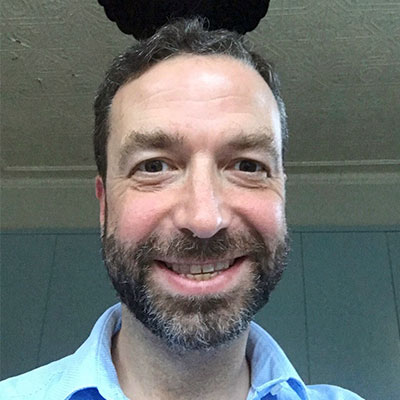
Bob Mason
Mason wrote the 10 quiz questions scattered throughout this story. Top quizzer Mike Nahu only managed five out of 10. How did you score?
Words: Steve Kilgallon
Visuals: Lawrence Smith, Chris McKeen, Alden Williams and Rosa Woods
Design & layout: Aaron Wood
Editor: John Hartevelt
